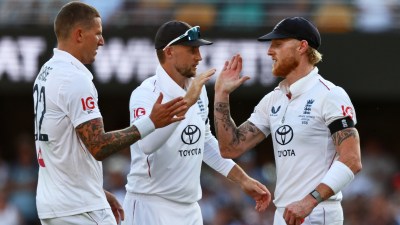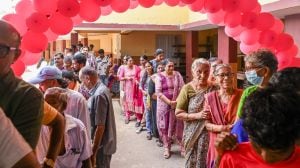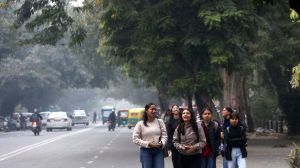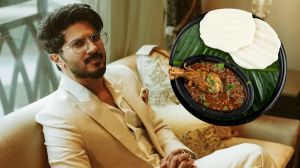Let us celebrate a good governance strategy that made big headlines. The following case study is framed from a success story recognised at The Indian Express Excellence in Governance Awards. UPSC Essentials of The Indian Express takes you through some inspiring case studies every week from the area of Governance and Civil Services which not only highlight the problem but also focus on award-winning solutions.

The Case:
Kathirimalai, a tribal hamlet located at a height of 1,200 metres above sea level, is nestled deep inside the Chennampatti forest range in Erode. In one of the most remote parts of the district, Kathirimalai’s tribal inhabitants have for long been denied basic health and education facilities. The mountain-top village has no roads, electricity is a rare sight, and donkeys are still the chief means of transport. Treatment at the healthcare centre nearly 40 km away was simply a luxury. Can telemedicine be a way to bridge the rural-urban divide and be a solution to the inaccessibility problem in healthcare, especially in a rural-tribal area?
The Problem:
In India, providing in-person healthcare is challenging given the large geographical distances and relatively limited resources. In a developing country like ours, there is huge inequality in healthcare distribution. Poor Indian villagers spend most of their out-of-pocket health expenses on travel to specialty hospitals in the city where major specialised doctors are available. So bringing up the level of healthcare infrastructure, especially in rural and tribal areas offers many obstacles. Three major issues that healthcare in India’s rural tribal areas face – awareness, access, and affordability.
The Solution/ Idea:
 Krishnanunni H. (Express photo by Abhinav Saha)
Krishnanunni H. (Express photo by Abhinav Saha)
— In February last year, the district administration launched Punnagai (Smile in Tamil), a multi-sectoral tele-facilitation project that uses high-speed 5 GHz wireless systems to provide tele-medicine facilities and linked Kathirimalai with the outside world.
— The project also focuses on online education and skill development for the villagers.
— The project faced many obstacles. Firstly, in launching the telemedicine project the problem was to build a communication network in an area that had no phones or roads. So, Krishnanunni and team jumped on the idea of WiFi.
Story continues below this ad
— A team from the Centre for Social Computing (C4S) reached Kathirimalai and began installing a tower, and the required hardware, with help from the District Rural Development Agency (DRDA) along with NABARD. The technical assistance for the internet came from Anthiyur town, the nearest metropolitan roughly 40 km from the forest.
— “The facility is accessed by the end-user with only one click… It allows people to connect with the doctors or mentors on the screen,” said Roshy K Falgunan of C4S, who played a key role in setting up the 100 Mbps, long-distance wireless facility. The efforts are bearing fruit. Falgunan said the doctor-patient telemedicine experiment also helped the authorities trace those who needed urgent medical attention. For instance, she said, the administration is already at work after a recent study found “20% of the population” suffered from malnutrition and vitamin deficiencies.
What we learn…
The above success story indicates that telemedicine has vast potential to revolutionise the Indian healthcare system and could help to bring specialised healthcare even in the remotest part of the country. The use of telemedicine technology allows healthcare to become more accessible and efficient and is seen as a technology of convenience for patients. So, on one hand, it not only helps people receive medical attention from the comfort of their homes but also helps to lessen the burden on the health care infrastructure.
With a doctor just a click away on the computer screen at the local school, where the facility has been set up, now it’s all smiles for Kathimaralai and its 156 residents. Beyond health, the project was fruitful in Kathirimalai and nearby villages for educational purposes due to the WiFi facility.
Story continues below this ad
https://www.youtube.com/watch?v=fjICP3tK6F8?si=kow6JbGtcFAXBZK1
In a conversation with Manas Srivastava of The Indian Express during the Excellence in Governance Award ceremony in 2023, District Collector Krishnanunni H said that the need of the community is the inspiration behind the project. As a District Magistrate, one gets an opportunity to see the ground reality, and so when he visited the village he saw the need very evident. Talking about challenges, he said that inaccessibility of the area, taking health to doorsteps and improving health seeking behaviour were the major ones and overcoming these challenges doesn’t happen overnight. Krishnanunni said the WiFi project is an example of “how the world changes when the internet is made accessible to a village detached from civilisation”.
Krishnanunni believes that a civil servant can bring a change in society if he or she works with an open mind. Innovation as per the need of the community is part of the job and the focus should be on effective implementation. For coming up with this simple healing touch, District Collector Krishnanunni H was awarded The Indian Express Excellence in Governance Award in the Healthcare category.
Post Read Question:
Telemedicine is rapidly making inroads in the Indian healthcare sector. How can its potential be realised in minimising the urban-rural divide?
Story continues below this ad
JUST FYI:
About The Indian Express Excellence in Governance Awards
The Indian Express Excellence in Governance Awards attempts to identify and recognise the excellence in innovations at the district level by rewarding the spirit of the district. The Indian Express started the Excellence in Governance Awards (EIGA) in 2019. The Indian Express launched its second edition in 2022. The Indian Express Excellence in Governance Awards celebrate best practices across a range of 18 categories: Healthcare to Gender & Inclusion; Skill Development to innovative education, energy to agriculture, Start ups and innovation to E-Governance.
PREVIOUS CASE STUDIES:
🚨 The Indian Express UPSC Essentials brings to you the February edition of its monthly magazine. Click Here to read. Share your views and suggestions in the comment box or at manas.srivastava@indianexpress.com🚨
Subscribe to our UPSC Newsletter and stay updated with the news cues from the past week.
https://www.youtube.com/watch?v=KkCgi3r6fZE?si=IIjiTqgADspX2yzp&w=560&h=315

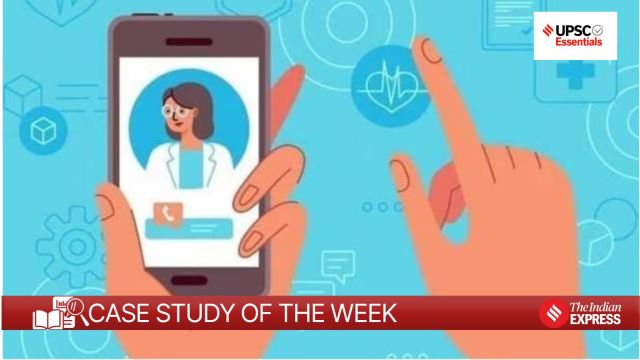

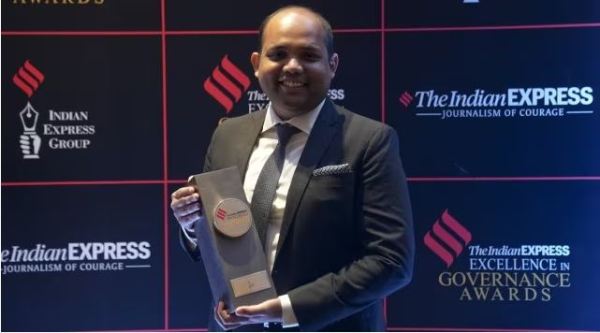 Krishnanunni H. (Express photo by Abhinav Saha)
Krishnanunni H. (Express photo by Abhinav Saha)
